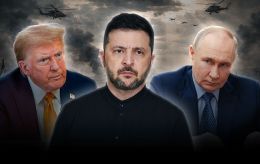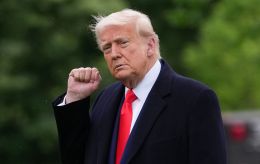Truce will not stop war with Russia, Ukraine needs guarantees - Valerii Chalyi
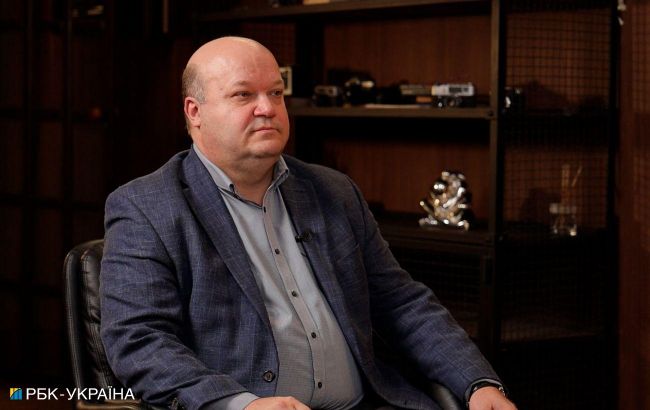 Diplomat Valerii Chalyi (all photos: RBC-Ukraine)
Diplomat Valerii Chalyi (all photos: RBC-Ukraine)
Former Ukrainian Ambassador to the US (2015-2019) and Head of the Ukrainian Crisis Media Center, Valerii Chalyi, discussed negotiations with Russia, territorial compromises, the end of the war, Ukraine's victory strategy, the US election, and Ukraine's relations with the EU and NATO in an interview with RBC-Ukraine.
Key points
- On Zelenskyy's visit to US
- On US election and bipartisan support for Ukraine
- On Ukraine's NATO membership scenario and territorial compromise
- On peace formula, peace summit, and victory plan
- On Ukraine's integration into the European Union
Ukrainian President Volodymyr Zelenskyy's visit to the US was not without challenges. While he aimed to convey Ukraine's victory plan to key partners, Ukraine found itself increasingly pulled into the US election race.
Amid this, Western media have begun to write more frequently about Zelenskyy's readiness for negotiations and potential territorial concessions to secure a ceasefire. Meanwhile, there is also speculation about President Joe Biden's willingness to adjust the status of Ukraine's NATO membership application. In response to Zelenskyy's demands to lift restrictions on long-range Western weapon strikes into Russia, the Kremlin reacted by announcing a review of its nuclear doctrine. At the same time, China and Brazil introduced the Friends of Peace initiative, promoting their vision of "conflict resolution," which starkly contrasts with Ukrainian interests.
Valerii Chalyi, who served as Ukraine’s ambassador to the US under President Petro Poroshenko, is well-versed in the intricacies of American politics through personal experience.
In his conversation with RBC-Ukraine, the diplomat shared his insights into the events surrounding Zelenskyy’s Washington visit, highlighted the complexities of the US electoral system, discussed Ukraine’s prospects of securing permission for strikes deep into Russia and a NATO invitation, and addressed the likelihood of territorial compromises. He also talked about the need to rethink war strategies, including the feasibility of extending the war beyond Ukraine’s borders, the challenges in relations with Poland and Hungary, and the potential of the Chinese-Brazilian Friends of Peace.
The full interview with Valerii Chalyi is available in video format, with key quotes provided below.
On Zelenskyy's visit to US
If the goal of the trip was to present the victory plan, convey Ukraine’s position, and voice its demands, then it seems to have succeeded — meetings took place, and despite difficulties, there was a meeting with one of the candidates (Donald Trump, editor’s note).
In terms of what I see as key objectives, these include aid in the war, aligning our visions of how to defeat Russia, obtaining permission for long-range strikes, and, of course, an invitation to NATO.
I believe the decision on long-range strikes will come after the US election on November 5, as the administration does not want to make abrupt moves right now.
Overall, the results of Zelenskyy’s US visit are distant. We cannot give a clear assessment yet, as real results are not achieved through meetings alone.
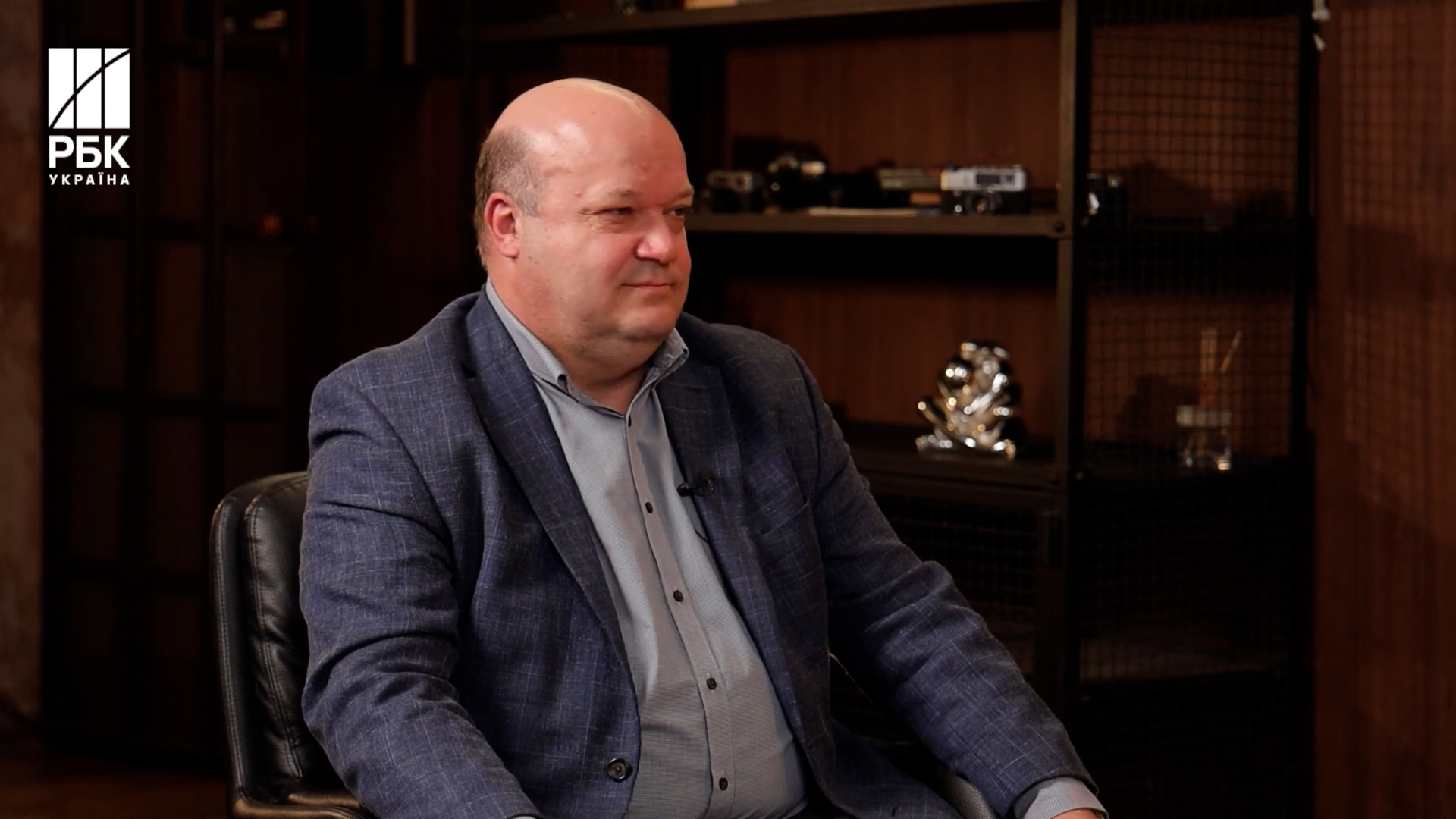
On US election and bipartisan support for Ukraine
The configuration of the next US Congress is more important than the name of the president. For instance, Donald Trump with control over both chambers and Donald Trump without Senate control, where his nominations and candidates aren't confirmed, are two different stories. Similarly, Kamala Harris without the House of Representatives would lack a financial lever. Therefore, the configuration is critically important.
It so happens that November 5 is a sacred date for us. It’s as though everyone believes that after this, solutions to end the full-scale war will begin to emerge, and by next year, these solutions will materialize. Everyone operates in this paradigm. But why should this actually happen?
On Trump's unpredictability
We’ve already seen Donald Trump's presidency, and everyone can draw their own conclusions. For me, the situation is quite transparent — I saw it from the inside, and I'll say this: Ukraine will have to work with whoever the American people elect, so we need to prepare different tools for this.
It’s a big mistake to think that the people currently surrounding Trump will be in positions in the White House. That’s not the case. There will be a transition team, and they will form that list. So, there are balances, certain circumstances, and there’s Congress, after all.
I wouldn’t say it will be easier for us with a Democratic candidate either. The people who were on her team before were very difficult to work with. I worked with them — they were from Obama’s team. Back then, they had no desire to help Ukraine with lethal weapons. It was an impenetrable wall.
That said, Harris has recently let go of most of her staff — out of 47, 44 no longer work with her. Only her closest aides remain, including Phil Gordon, her national security advisor. So, can we really say where diplomatic work will be easier for us?
On US election outcomes
I wouldn’t rule out the possibility — I'd give it a 10% chance — that by January 20, we won’t see a US president, and the Speaker of the House will be performing the president’s duties. Let me remind you that in 2016, there was a serious legal discussion in the US about what happens if election results are not established by certain dates — who makes decisions in the meantime? It shouldn’t come to that, but we must not exclude the possibility of a long, turbulent period in the US, where there won’t be decisions on budgets or weapons. This is our problem. Our focus in Ukraine is misplaced. The rest of the world can speculate on a Trump or Harris victory, but we need to be preparing for December, January, and February.
Unknown fact about Trump’s contact with Ukraine
At one point, Donald Trump’s close relatives visited Ukraine on business — officially as tourists, but effectively on a "hunt" with a package worth $20 million. They wanted to invest in a mountain resort in western Ukraine, but our corruption and greed got in the way. They were deliberately given extra costs, and so they lost interest in the idea. They went to Russia instead, but things didn’t work out there either. Even Mikheil Saakashvili offered Trump the opportunity to build a hotel. I don’t know what happened after that, but in Ukraine, I know for sure, they were burned by the greed of local officials, not the central government.
On Russian interference in US election
Putin engaged in an information operation during the US elections when he said he supported the Democrats, not Donald Trump. Do you see what that was? It was a direct pass to Donald Trump. And it worked in many ways. The Kremlin isn't trying to support either Trump or Harris — they’re trying to destabilize America, to create turbulence. Ukraine is being used as a pawn to make it seem like it's Ukraine interfering in the elections.
Unfortunately, many people in Ukraine have contacts and influence with Trump and play into this. It’s a very complex situation. Some countries even chose to disengage during the election period, with some embassies sending half of their staff on vacation.
On Ukraine's NATO membership scenario and territorial compromise
The time has not yet come to seriously discuss such actions officially. These conversations can only exist in academic thoughts or journalist articles. Let's not forget that we are in defense, and it’s clear that anyone who starts making such moves in this situation is automatically losing. If this isn't outright capitulation, it's a serious loss of position that will have consequences for future actions.
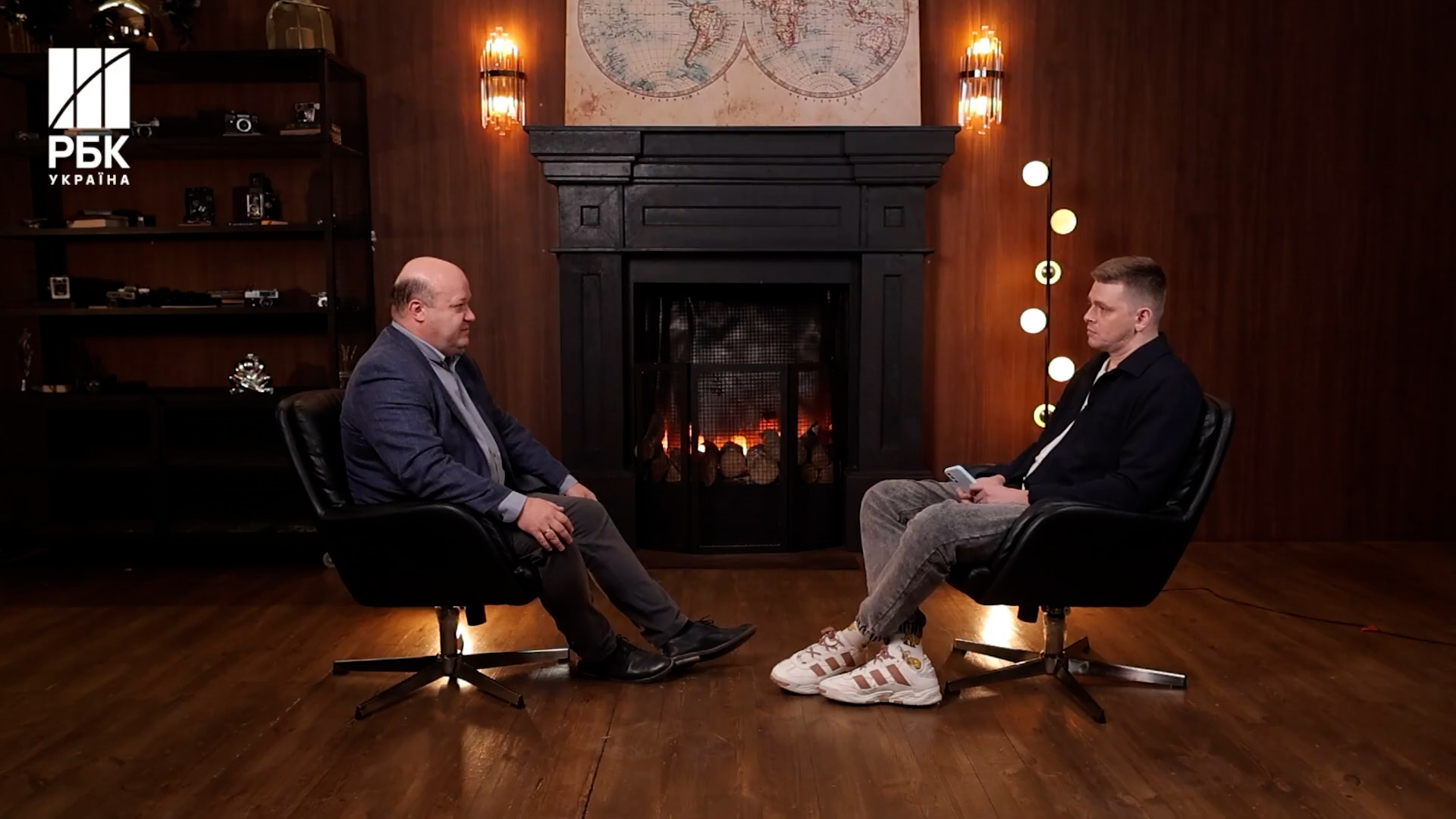
Looking into the future, where, hopefully, we will make it through the winter despite infrastructure attacks, receive weapons, and political decisions, and grow stronger — then we can talk. But even then, the question will arise: how do we guarantee Ukraine's security?
Everyone wants to call it peace, but in reality, it will be a ceasefire, perhaps a truce, but only for a limited time. So, how do we guarantee security? Because everyone understands that the war won’t stop — at least, Russia hasn’t changed its goals.
When US officials visited Kyiv, they suggested Zelenskyy be more flexible in Washington. Essentially, they expected him to discuss potential territorial compromises. But how can the president of Ukraine talk about territorial compromises? Does he have a key in Kyiv to open a safe containing the Donetsk and Luhansk regions? Here, the moment a president does that, it's immediately considered treason and prison — or, in the case of the president, definitely impeachment.
To put it simply, the Constitution directly prohibits giving away territory. To discuss this, the president would have to sign a bilateral international agreement. Theoretically, he could delegate, but that would be a violation. Then, this agreement would need to be ratified by the parliament and, only after that, a referendum. It's a long process.
On war shifting to different intensity
We need a plan to transition from a full-scale war to a different intensity of conflict. We won’t end the war with any agreements with Russia. We need to move away from ground clashes where Kalashnikovs are firing, and large numbers of people are dying in close-contact warfare at distances of 3, 5, or 10 kilometers. How do we do that? With precision sniper weapons, howitzers, and accurate missiles. The paradox is that Ukraine, with the help of America and other partners, could shift to a more humane type of war.
And then, if Putin sees that next year we have $150 billion in resources, and the following year $100 billion guaranteed, he might make a different decision. I’m convinced he wants the war, but where he fights doesn’t matter to him. Partly, his goal is to destroy Ukraine as a country that has shown a successful development model. But he still regrets the collapse of the Soviet Union, and the restoration of the empire is his goal. However, he doesn't have to start with Ukraine. He could have gone for the Baltic states, headed in another direction, or gone after Kazakhstan, bringing it more in line with Belarus as a closer ally. He could have done a lot. But our weakness brought him here. And that’s his mistake because it will destroy his model.
I think we need to steer the war in another direction. Wars aren’t going anywhere. Look at the Middle East, look at Asia. This is an era of regional wars. But to shift it away from us, from Europe, and build a barrier — that’s our task.
Is there a strategy in the White House for ending the war?
I believe there is. Maybe not a full strategy, but certainly a plan. What does it entail? First—and by the way, the US likely came to this realization a week after the full-scale invasion—it’s to avoid a direct confrontation with Russia. Second, it’s to avoid involving NATO, as this would be a very difficult test for America, and they don’t know if they would pass that test. Third, it’s to prevent a Russian victory over Ukraine and to ensure Ukraine’s survival—maybe not with all its territory, but as a sovereign, independent country. So yes, this plan is not about Ukraine’s outright victory.
On peace formula, peace summit, and victory plan
We’re hearing more and more statements from the authorities that are creating a growing disconnect. There was a time when Ukrainians were encouraged to be more optimistic. Perhaps that was the right approach then but now isn’t the time. Ukrainians, after three years of war, deserve respect and need to be spoken to like adults — honestly, without making up promises. Things are much more complicated for us.
You don’t sign the end of a war at summits. Where did they sign the end of World War II? On an aircraft carrier. The Ukrainian president’s peace formula, which emerged under specific conditions, contains basic principles, and they are recorded. And this has been supported. But why continue to dilute it further? They’re pulling items from the formula like dishes from a buffet just to gather more delegations. In another place, they pulled out a couple more dishes. This way, you’ll only feed the enemy, and his appetite will grow.
We won’t outlast the war by sitting still. We need to find asymmetric actions and means. We need to ensure that other countries are also involved in this war. I’m confident that peace will come after escalation, not before. In other words, if we show escalation on our side, and that we have the Poles, Lithuanians, and French with us; if we’re not afraid to have pilots from these countries — French flying Mirages, American veterans flying F-16s; if we create such a trilateral brigade and deploy it at the border, Putin will start screaming. We need to show that there’s no way back, and then they’ll start looking in Russia for somewhere else to direct all this.
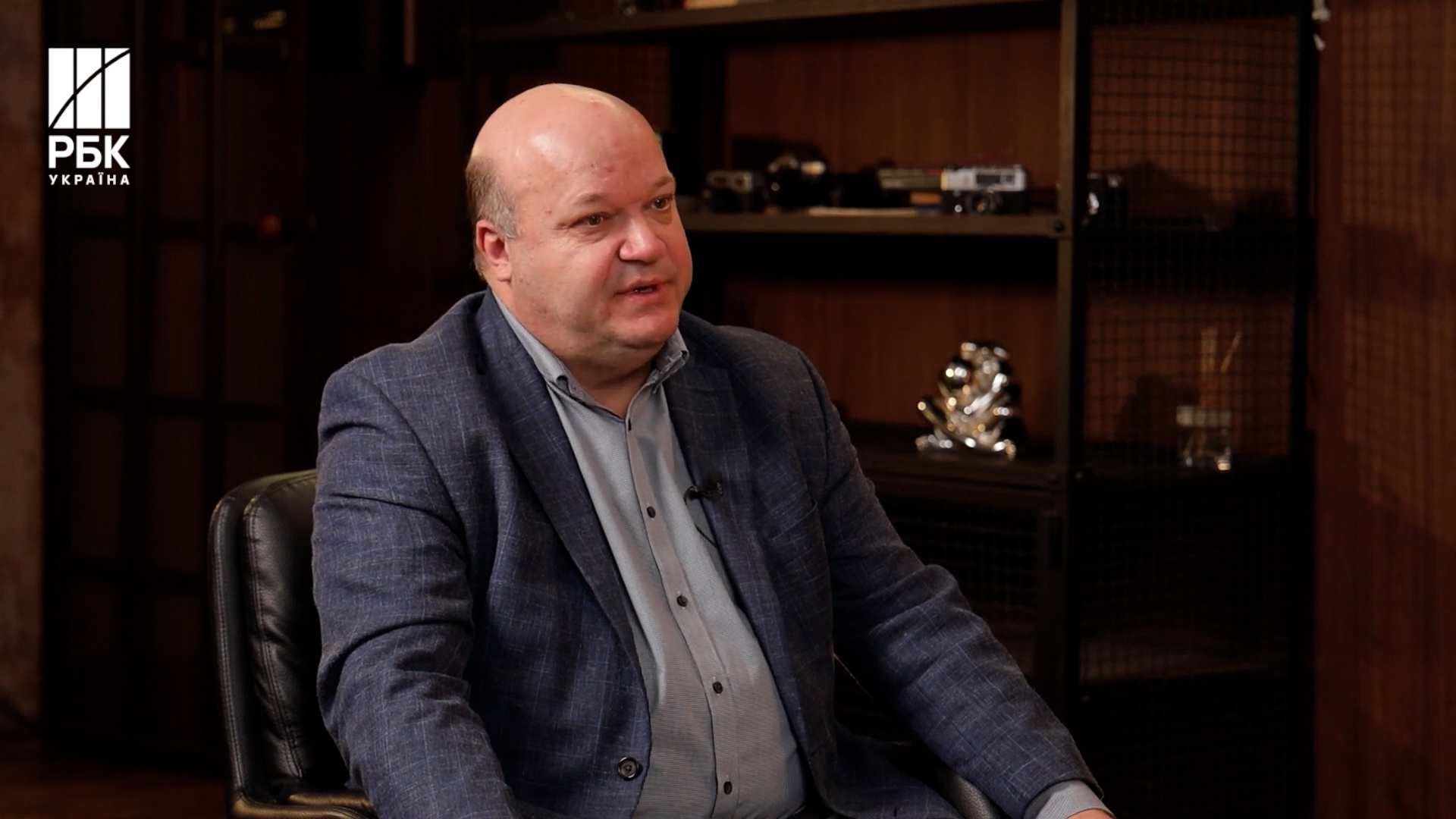
On China-Brazil peace plan
This isn’t about Russia at all. China is forming an anti-American coalition. China is pushing the US to divide the world again — two major leaders, each with their own coalition. That’s what China is thinking. Why were France and Switzerland observing the China-Brazil plan (at the corresponding meeting on the sidelines of the UN General Assembly)? I don’t know. The French don’t want to be Americanists, and Switzerland is neutral. If countries like France start playing along with China and the US, it will be very unfortunate. I don’t think they will. Europe will also fight to stay competitive. So, our task now is to get more help from Europe to offset American turbulence.
On Ukraine's integration into the European Union
Ukraine needs to negotiate with the EU in such a way that, no matter how long the process takes, joining the EU doesn’t destroy our economy. We can’t give away everything the Hungarians have written in their 11 points. We also need to stand firm with the Poles — sorry, but national memory, identity, language, religion, and the history of your ancestors are fundamental. That’s why Putin can’t take us over. Partners are partners, but we need to be clear and, sometimes, even tough with them. But this shouldn’t happen publicly. In public, diplomacy needs to be friendly.
There will be problematic issues in negotiations with all countries on the path to the EU. But I believe that Ukraine’s priority right now is not joining the EU, but a bilateral agreement with a nuclear power like the US or NATO membership. The EU can wait. If you can’t protect your investment or economy, no one will build a factory within 200 kilometers of the border.
